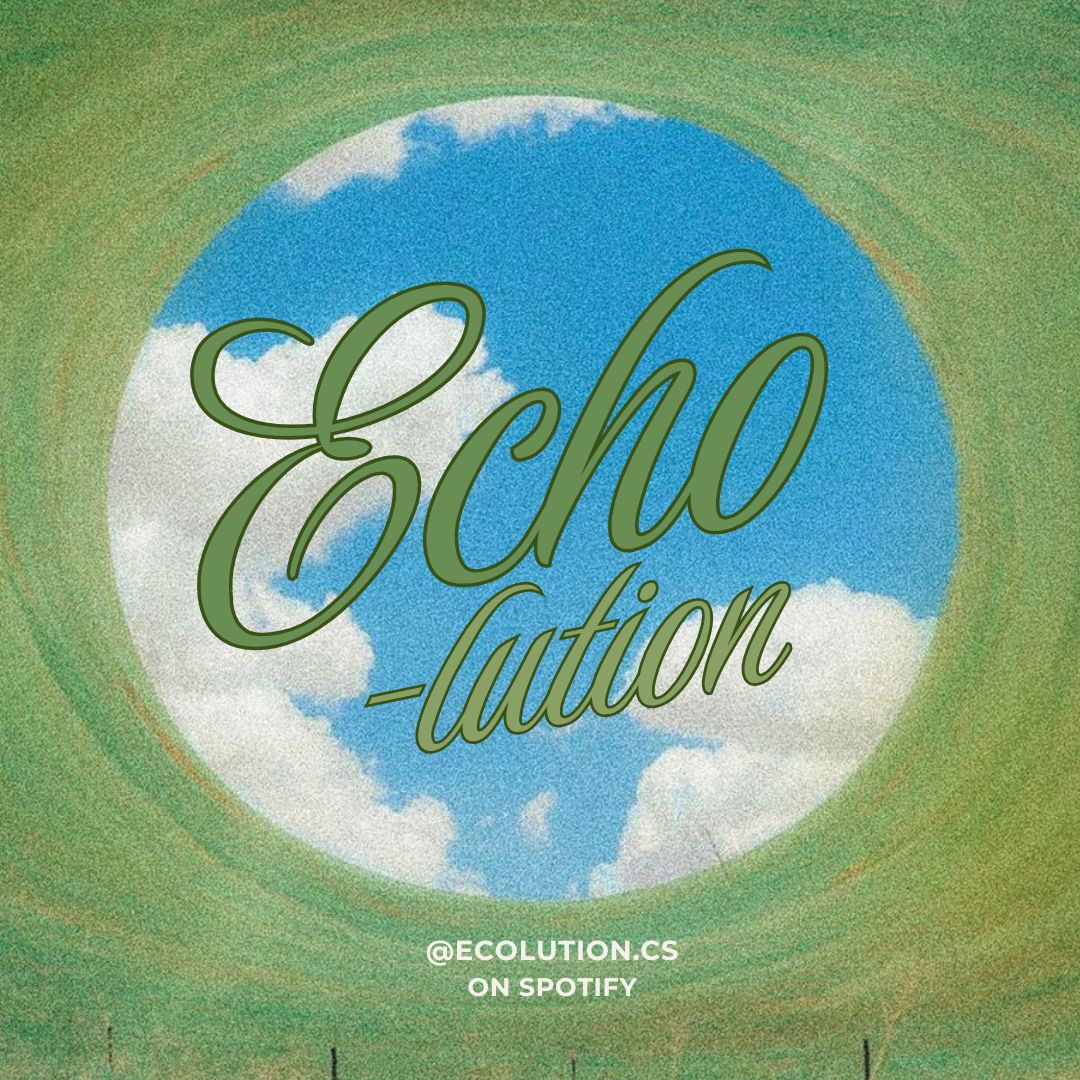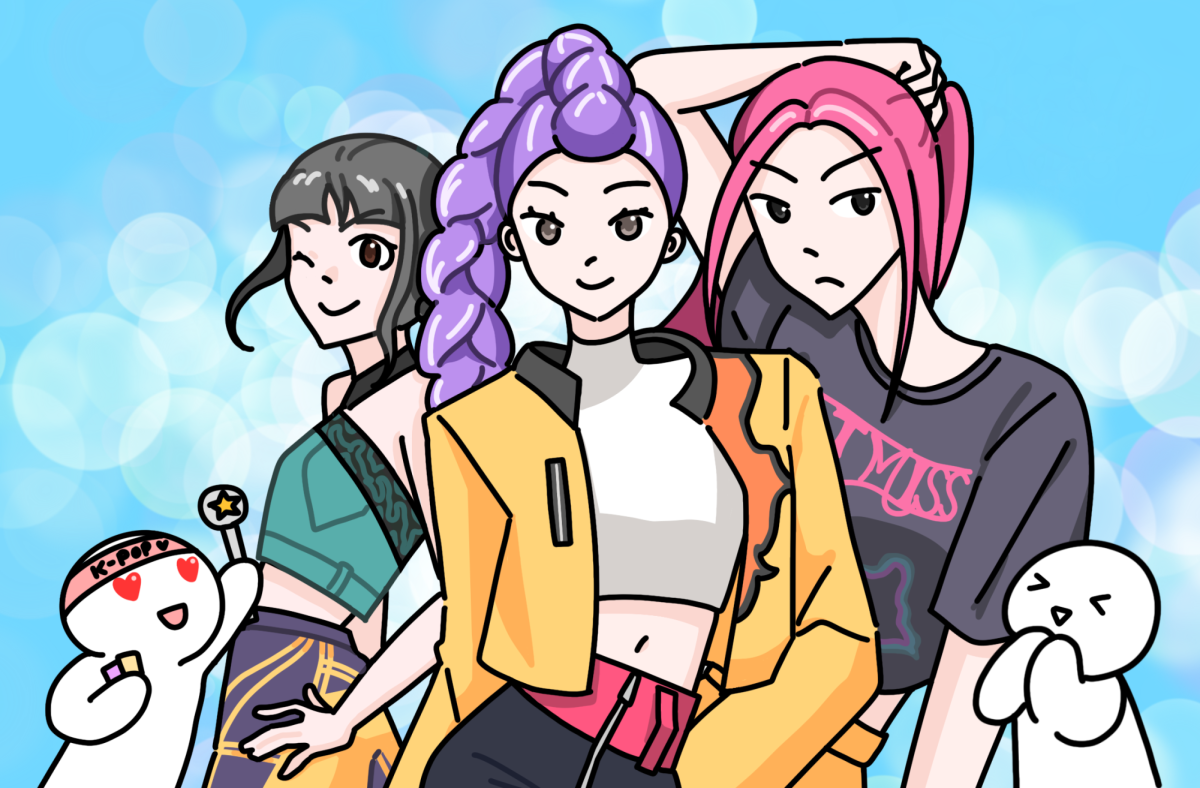As a K-pop stan, the first few seconds of the movie “K-pop Demon Hunters,” with thousands of monochromatic light sticks, merchandise t-shirts, and name slogans in Korean, seemed too familiar to ignore. For “Muggles”—outsiders to the fandom—the peculiarity of the scene kept them hooked.
On June 20, 2025, the film “K-pop Demon Hunters” released globally on Netflix and rapidly gained traction among enthusiasts, ranking as the fourth most-watched English-language movie on Netflix of all time. Besides its chart-topping music, the movie gained acclaim among Koreans and K-pop fans for its authentic representation of the South Korean cultures.
As an avid K-pop stan and concertgoer, I recognized those elements immediately. For example, the Fansign, an event where the fans get an opportunity to briefly talk to the idols face-to-face while they get their album signed, remains mostly hidden from mainstream media. The depiction of these “niche sides” of K-pop felt like an inside joke and kept me from boredom.
These references felt like a fresh breath of air, not a cliché portrayal of K-pop fan culture.
I also appreciated the incorporation of Korean history and myths, which felt like an “Easter egg”— a fun secret for the viewers to find. For example, Rumi, a member of Huntr/x, wields a sword called 사인검 (Saingeom)—a demonslaying sword crafted during the Joseon Dynasty.
The film does not explicitly mention Saingeom; instead, it is completely up to the viewers to find out.
I, a Korean, also only realized after my friend told me about it. But upon contemplation, I thought the weapon perfectly fit the theme of the movie with adequate representation of Korean history, and it came to me as a pleasant surprise.
The subtle connection to my heritage prompted me to look for other “Easter eggs” as well. This kept my interest in the film high, even after a re-watch.

But these cultural references didn’t hog the spotlight. The movie portrays Korea in a manner that reminded me more of K-drama, rather than culture-centered movies like “Turning Red,” which received critical reviews for excluding those unfamiliar with Chinese traditions. Instead, “K-pop Demon Hunters” treated cultural elements as part of the setting rather than depending on them, like how K-drama often presents Korean lifestyles.
It also strikes a fine balance between cultural nuance and widespread narrative appeal, drawing foreigners to the film as well.
This led many to find the Korean elements to be fascinating rather than alienating. “Even without much explanation, the emotions and the situations are relatable. It proves that culture doesn’t always need to be explained, but just needs to be shown authentically,” junior Mihini Edirisinghe said.
The film drew Muggles into K-pop, not just Korean culture. “The movie did a great job of introducing K-pop culture in a way that’s exciting and easy to understand, even for someone who’s not familiar,” Thenuli Rathnayake, a fan of “K-pop Demon Hunters,” said.
“A lot of [the K-pop references were] new to me. I’d like to look more into different K-pop award shows or things like that because it seemed interesting,” junior Jayden Hayward said.
“K-pop Demon Hunters” received a positive review from 97% of critics on Rotten Tomatoes —with its huge success, it certainly became an opportunity for many global viewers to learn about K-pop as well as Korea.
Seeing how “K-pop Demon Hunters” boosted the K-pop wave, I hope more media will start to present various cultures authentically. An opportunity to learn about and understand them, especially the lesser-known, might open doors to new experiences and communities that we never imagined before.























































Sola • Aug 24, 2025 at 12:52 pm
kpdh is booming in my school in michigan. Honestly love the songs so much i memorized all the lyrics 🙂 and the subtle hints of korean cultures are amazing!!
awesome article sophhhhhh
(*random 6th grader*) • Aug 23, 2025 at 1:36 am
Nice job writing this! I’ve heard SO MUCH about K-pop demon hunters now.
Miss Young • Aug 14, 2025 at 2:32 am
Wow great article and art!! I also enjoyed watching this movie. I knew it would be a hit with my students! They know all the songs!
Eddy kim • Aug 13, 2025 at 7:33 pm
The movie was good at spreading korean culture, but the plot, music, & setting was lowk kinda buns ✌️
Jennie • Aug 13, 2025 at 7:32 pm
Cool! I think I got to know more about K-pop Demon Hunters! Thanks for writing this article!
Deline Lee • Aug 13, 2025 at 7:30 pm
I liked the way that the article talks about their feelings and described about the movie in a detailed way. It helps people who did not watch the movie understand deeply about the movie and the concept.
Volt • Aug 13, 2025 at 7:30 pm
I love the article! I haven’t seen the animation yet, but I’ve heard a looot about it. Since it included lots of Korean culture, I gotta watch it.:)
Netfilx Official • Aug 13, 2025 at 7:28 pm
We made is as a joke… it turned out well
the songs are good too
Allison • Aug 13, 2025 at 7:26 pm
Kpop demon hunters is so fun I love it! By the way you drew HUNTR/X so well it looks amazing!
Lumin • Aug 13, 2025 at 7:24 pm
Wow, i like the concept and connection to Korean history and myths, and the feedback from other people, good article!